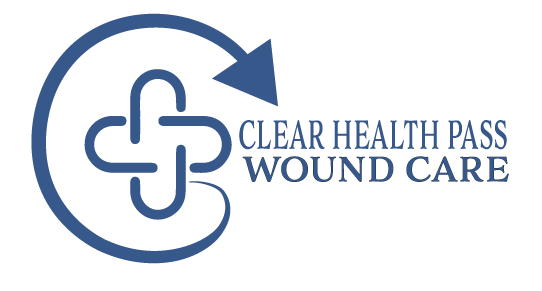Summary: This study by Zelen CM, Serena TE, and Snyder RJ evaluates the efficacy of weekly versus biweekly applications of dehydrated human amnion/chorion membrane (dHACM) allografts in accelerating the healing of diabetic foot ulcers (DFUs). Diabetic foot ulcers pose a significant medical challenge due to the associated risks of severe morbidity and economic burden.
Objective: The objective was to determine whether weekly dHACM applications lead to faster healing compared to biweekly applications.
Study Design: This prospective, randomized, non-blinded clinical trial enrolled 40 participants with DFUs, comparing the outcomes of weekly (n=20) versus biweekly (n=20) dHACM allograft application. The primary outcome was time to complete healing, with secondary outcomes including wound size reduction and the number of grafts used.
Results: The study found that weekly application significantly reduced healing time compared to biweekly application (2.4 weeks vs. 4.1 weeks, p=0.039). By week 2, patients receiving weekly applications showed significantly smaller wound sizes (p=0.0007), and their wounds healed 41.5% faster than those in the biweekly group.
Conclusion: Weekly dHACM application demonstrated superior efficacy in reducing time to healing of DFUs, supporting its potential as a cost-effective and clinically valuable treatment option for diabetic foot ulcers. Further research with larger, multicenter trials is recommended.
For more details, refer to the original article: Zelen CM, Serena TE, Snyder RJ. A prospective, randomised comparative study of weekly versus biweekly application of dehydrated human amnion/chorion membrane allograft in the management of diabetic foot ulcers. Int Wound J. 2014;11(2):122-128.

